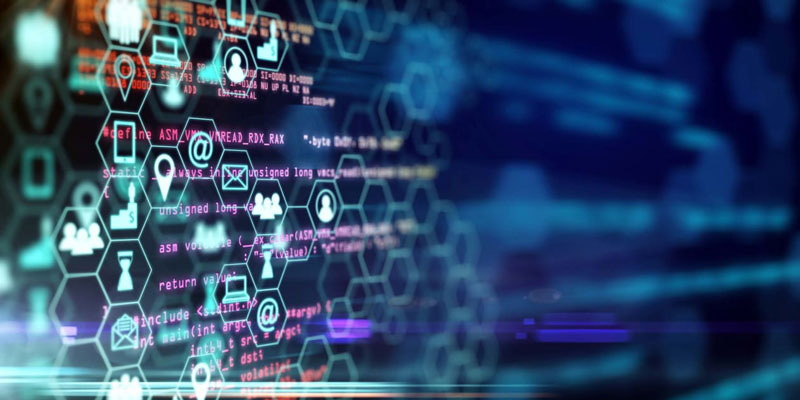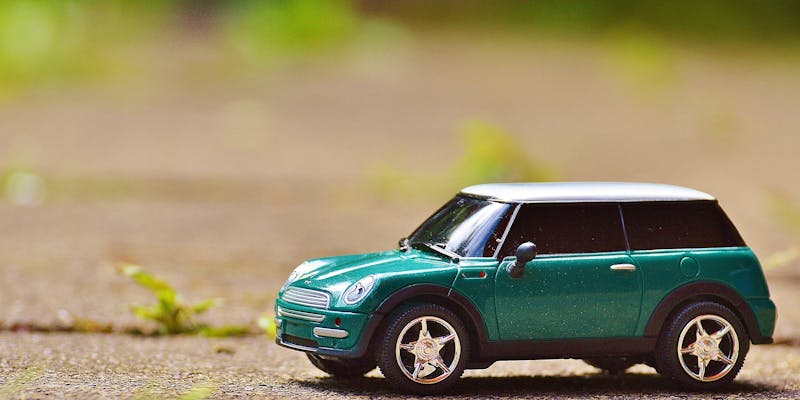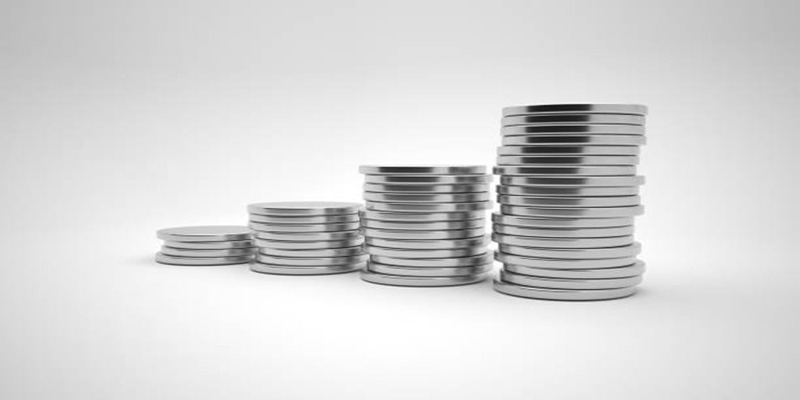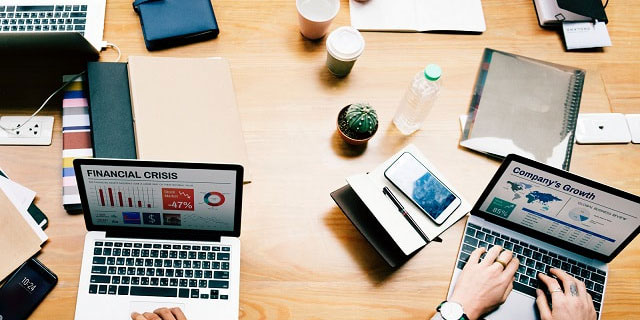Bank account closure ranks high on the list of the most annoying events that may happen to a person. In the same way, you get to decide which bank you deal with; the bank can choose not to deal with you.
Legal protections ensure that banks do not discriminate based on race or other protected characteristics; if you are a bad client and your account becomes overdue, the bank may shut your account. 1 That usually happens after your account has been in the red for a predetermined period after you've had ample opportunity to review the bank's correspondence on the problems.
Why Did My Bank Close My Account?

If you find out that your bank has closed your account, you need to move quickly to ensure that you can still pay your payments and handle your finances. If you fail to do so, your paycheck may be deposited into the bank, but you will be unable to withdraw any of the money. Since you still owe the bank money, it has the right to withhold the payment from assisting settle the debt.
What Reason Did the Bank Close Your Account?

There are several potential causes for your bank to close your account. Here are the first eight:
Inactive Bank Account
What if you haven't used a chequebook in three years? What if you've only used a debit card twice in that time? You risk having your bank terminate your account if they notice a significant lapse in activity. However, banks seldom close accounts until they have been dormant for several years.
Negative Balance
The bank may shut your account if there is no money in it. The absence of a minimum balance requirement on a checking report is no excuse for leaving funds in the charge unattended for weeks or months. How long it takes depends on the policies of your specific bank. Keep an eye on your bank account balances since monthly fees provide a danger that the account could go into the negative.
Overdrafts and bounced checks
Your bank may cancel your account if you have a history of overdrafts or bounced checks. If you have a pattern of bounced checks, your bank may close your account.
When a bank overdraft a customer's account by paying for transactions when there isn't enough money, the bank typically won't cancel the account until the overdrafts and fees are paid in full. If that happens, your bank can refuse to keep your money.
If you purchase with your debit card, withdraw cash from an ATM, or write a check and your total amount exceeds the amount in your account, you will incur an overdraft fee.
Way Too Many Moves
There is a limit to the number of times you may move money between your checking and savings accounts at any one bank. They may shut a budget or more if you go beyond the bank's limitations. Alternatively, your savings account might be changed to a checking account if you consistently violate the restrictions set by Regulation D for transfers.
Identification Theft Possible
Your bank may shut your account to avoid additional fraudulent activity if they suspect your identity has been stolen. Also, if the bank has reason to believe that you are engaging in unlawful or questionable behavior, it may close your account. It may be suspicious if a person suddenly begins making large, unexpected monetary transactions.
How Can I Keep My Bank Account Open?
Staying over zero in your account balance is your best defence against cancelling your account. Overdraft costs are expensive regardless of whether or not your budget allows them, and you may find yourself in a vicious loop where the overdraft charges eat up more and more of your salary.
You will need to end the overdraft cycle if you have begun one. You may accomplish this by reducing your weekly expenditures and, if necessary, setting up a repayment plan with your bank so that you can still pay for necessities like food and shelter.
Managing Money without a Bank Account
If your bank or credit union closes your account, you may have trouble opening a new one elsewhere. For a while, you'll have to figure out how to get by without using a bank. If you don't have enough cash, you can pay your payments with money orders or a prepaid credit card.
However, if your employer only pays by direct deposit, you'll need to broach the subject with your employer to figure out a solution. Several financial institutions may open a savings account with direct deposit to tide you over until you can get a checking account set up again.




